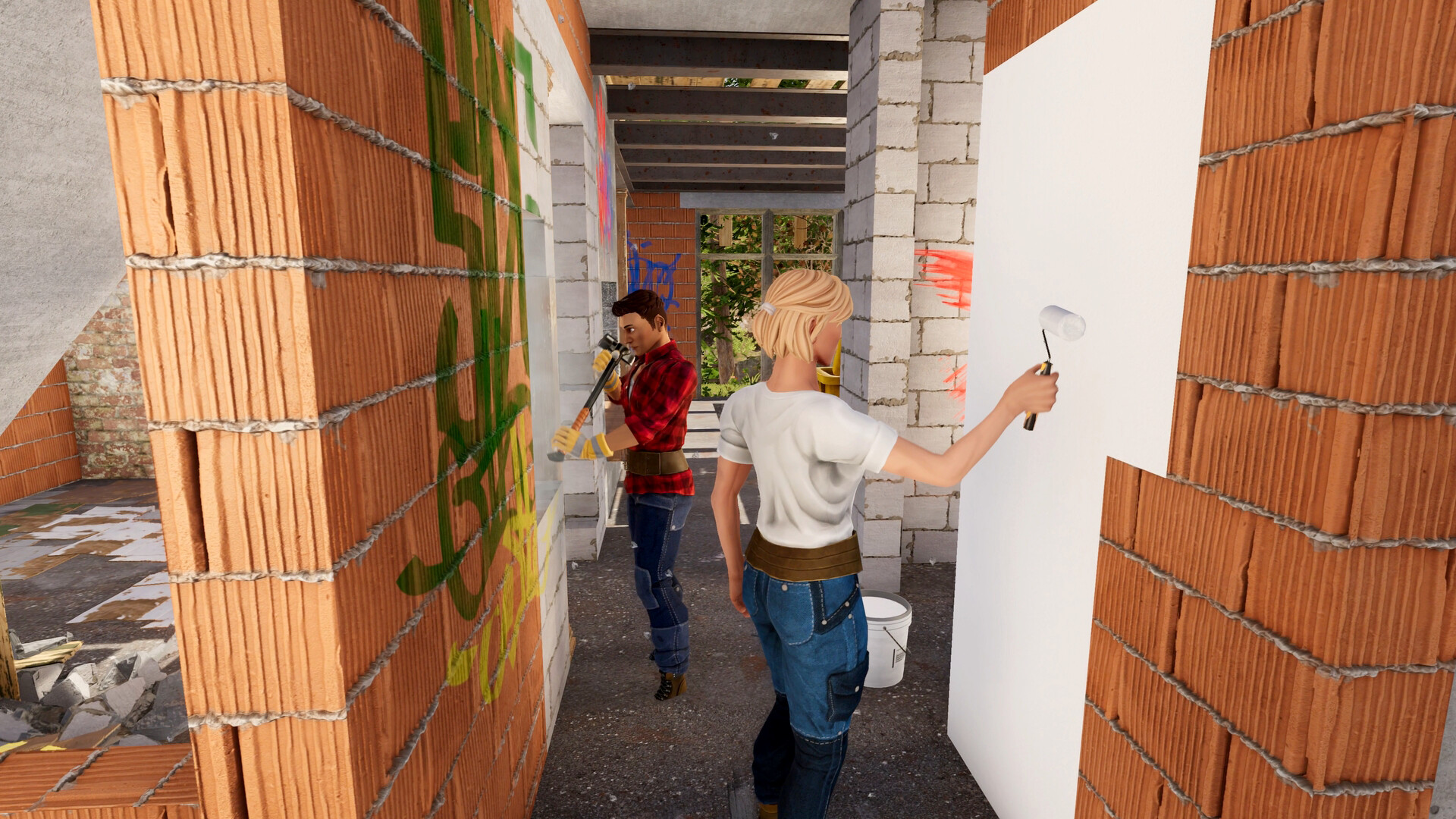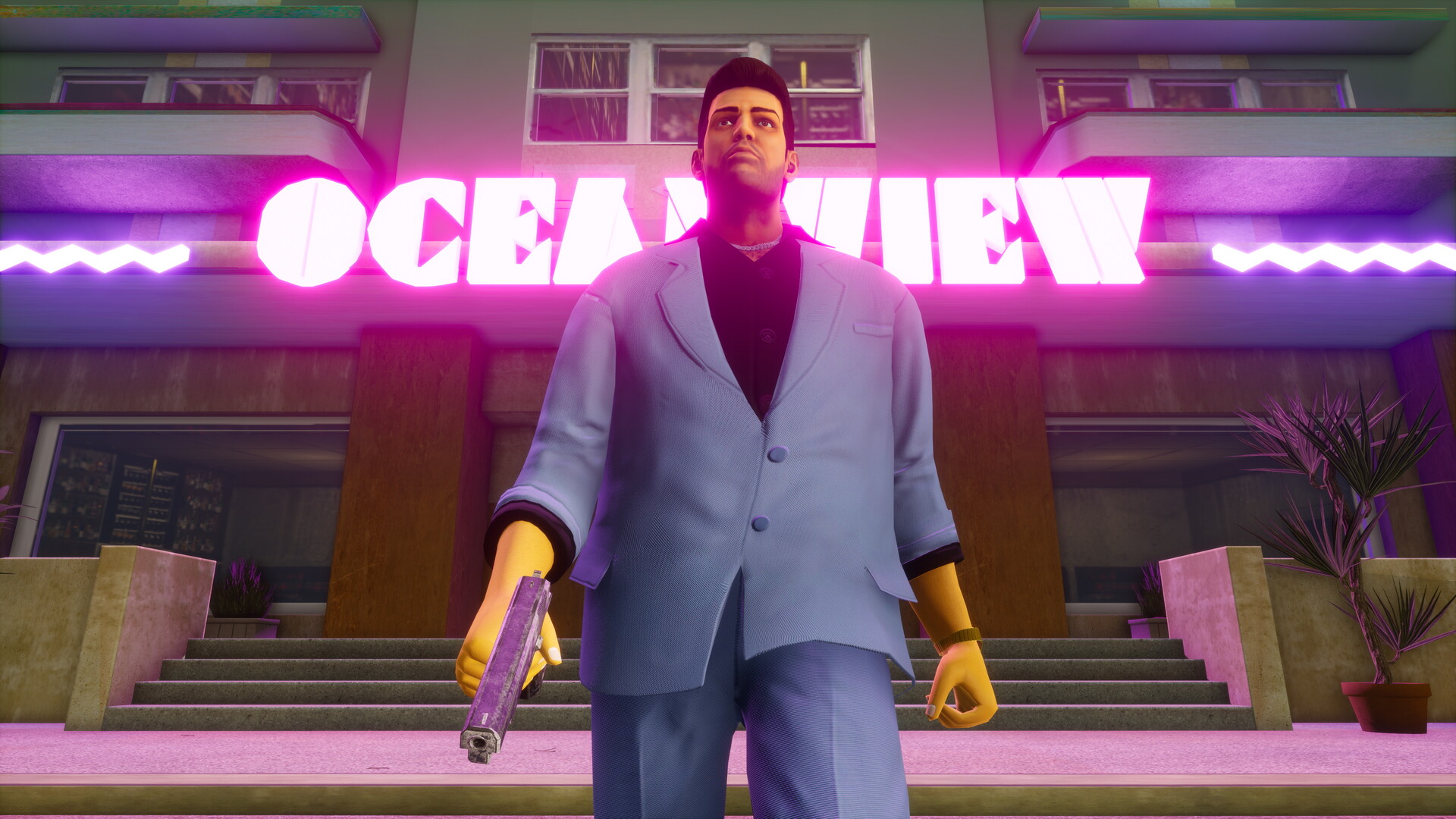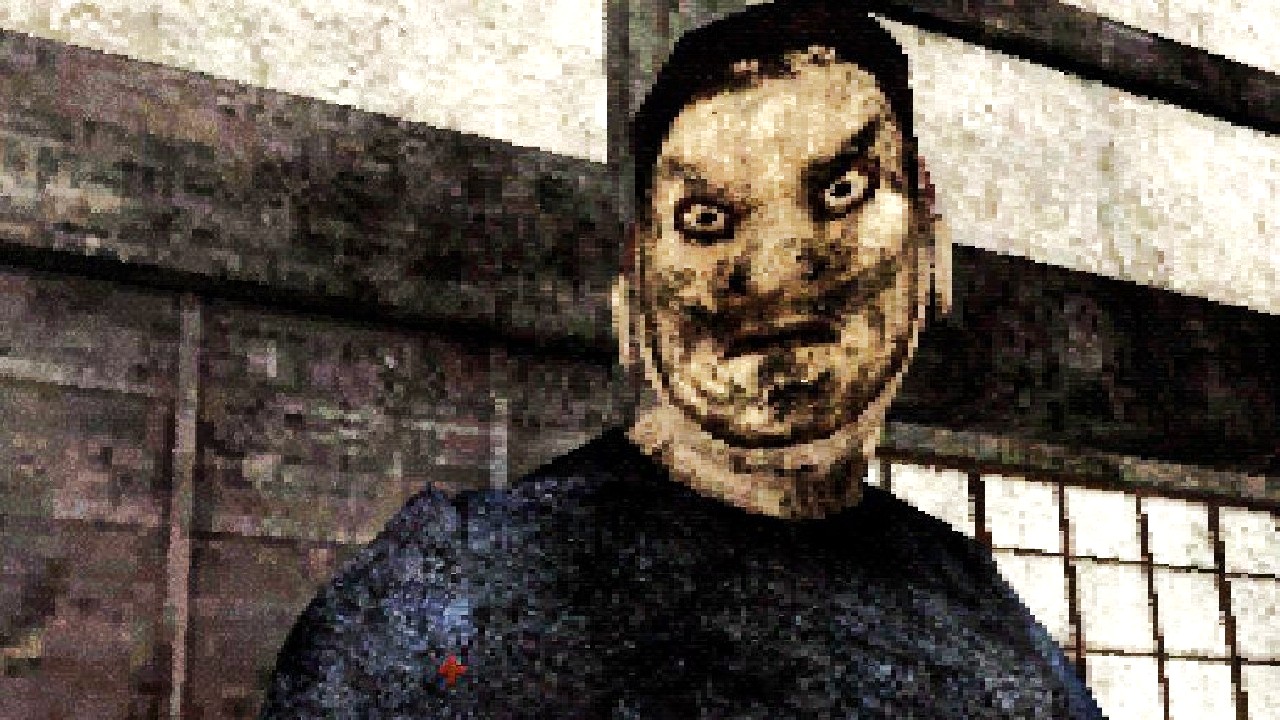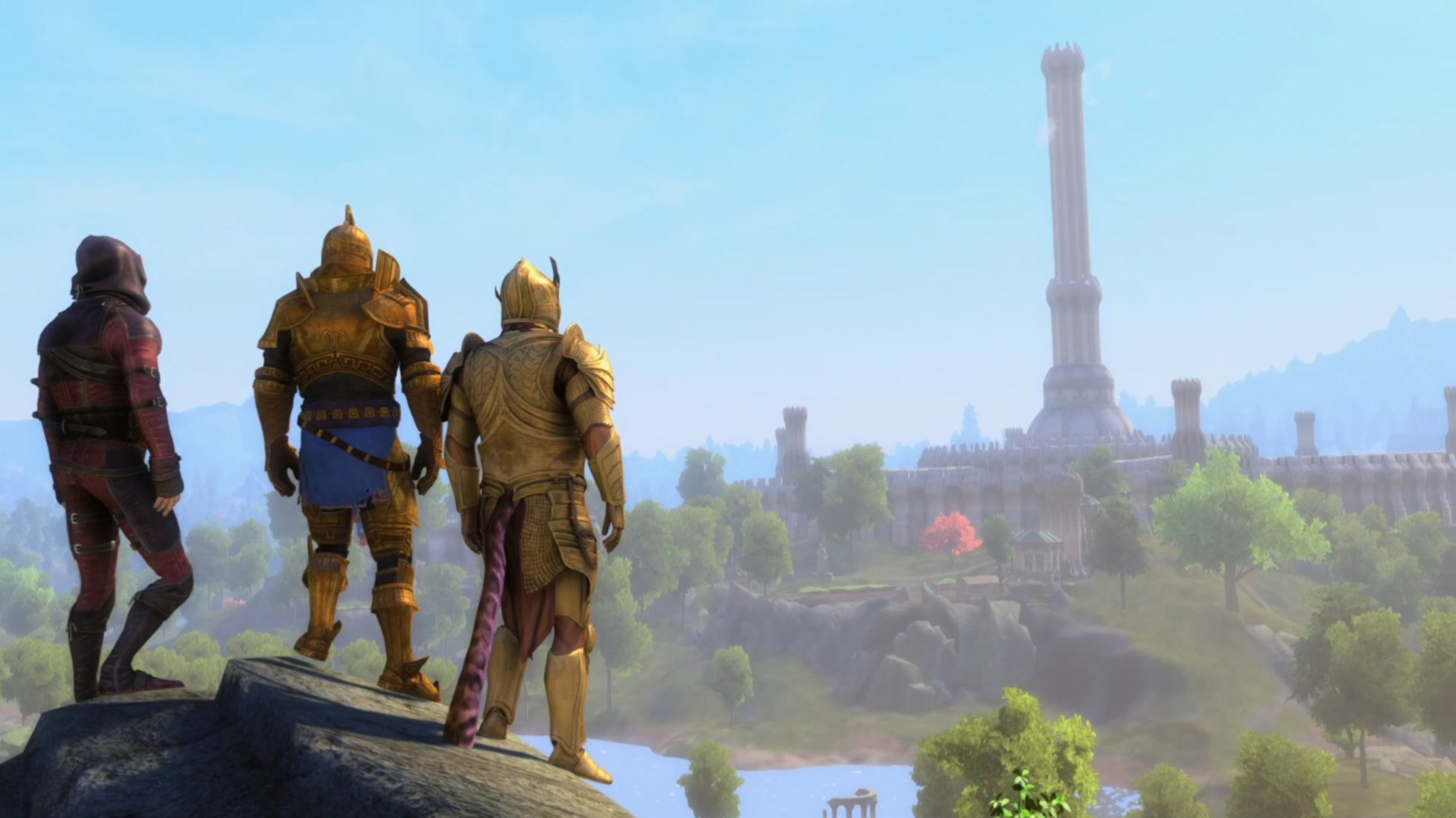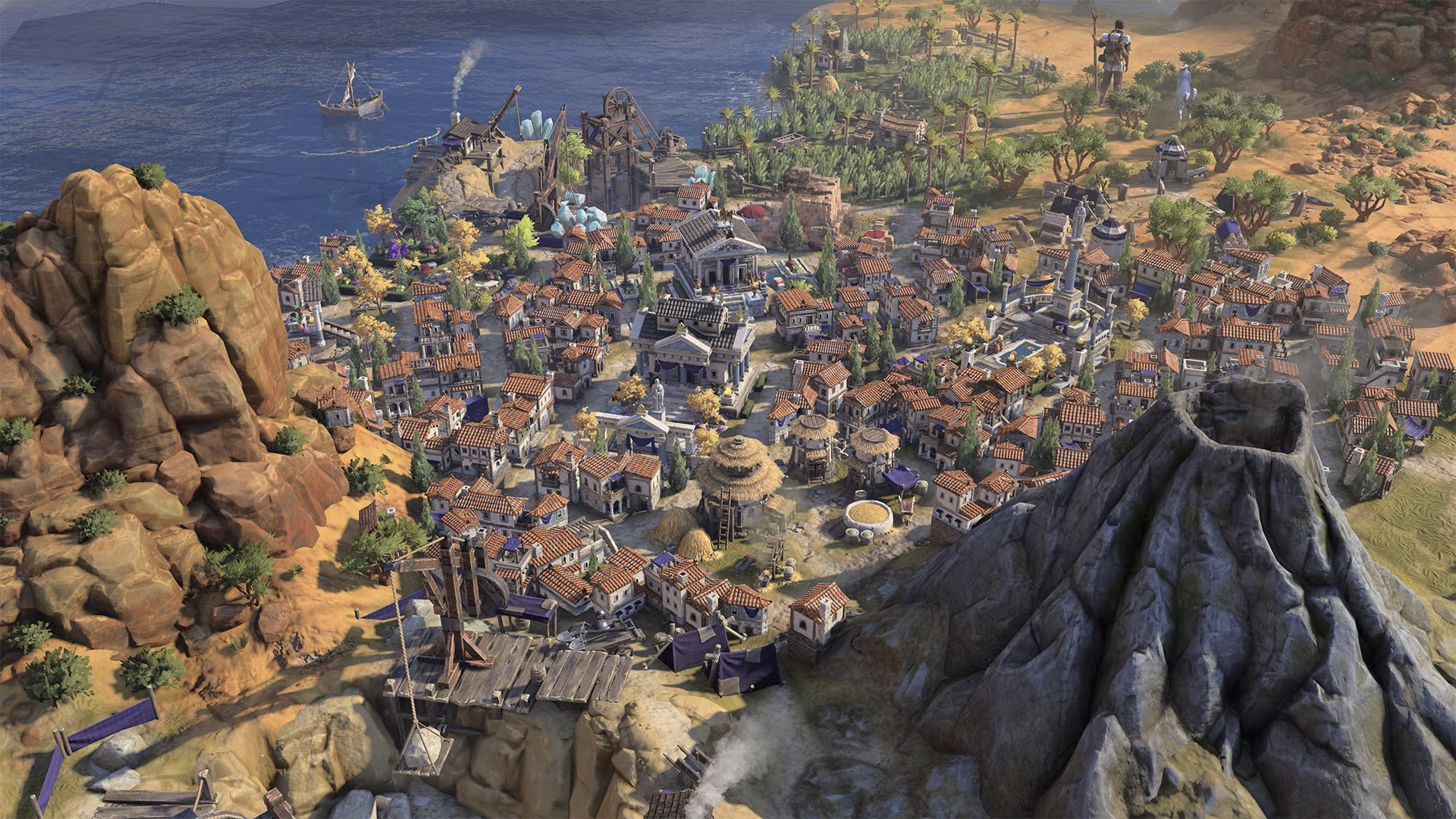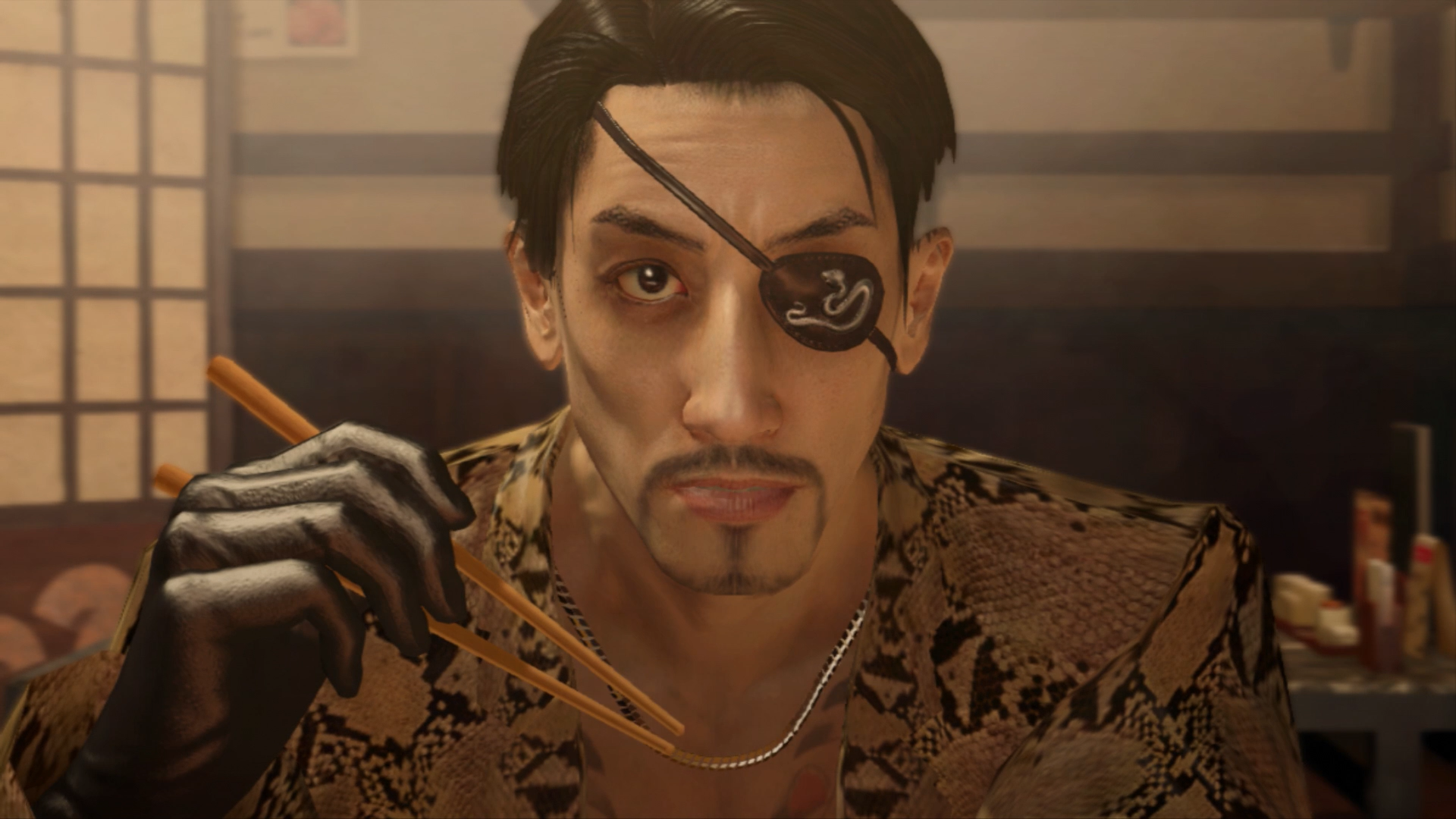
The missing Ryu Ga Gotoku staff is a bummer, but the snubbed support studios is just baffling.
Sharp-eyed Yakuza fan Timo654 noticed something strange in the recent GOG re-release of the Yakuza series. Namely, many Ryu Ga Gotoku Studio staff members, as well as entire support studios like Lab42 and QLOC, were omitted from the games’ end credits.
RGG removed Nagoshi Studio employees, Lab42, QLOC and more from GOG version credits from r/yakuzagames
The full list of changes is too extensive to get into here, but right off the jump, Yakuza 0 director Kazuki Hosokawa, art supervisor Saizo Nagai, and game design supervisor Koji Yoshida are all missing from the GOG credits, and practically every department at RGG has missing names. Comparing the Steam and GOG credits side-by-side, the two sequences broadly line up, but it’s almost as if the GOG one has been redacted. Timo654 states that the credits for all the games in the GOG collection are similarly affected. It also appears that series creator Toshihiro Nagoshi has also been omitted.
Game studios will sometimes reduce or remove the credit of a developer who left the company partway through a game’s development. It’s an unfair practice, and one that may have been stretched to an (il)logical conclusion here, with developers who left RGG Studios since the games’ initial launch removed from the credits of these “new” versions. This new development also makes me wonder how the credits of the initial Steam remasters of Yakuzas 3-6 compare to the games’ initial console versions.
Equally unfair, but far more confusing, is the omission of support studios Lab42 and QLOC. In the initial Steam release, Lab42 is credited as the PC porting studio for Yakuza 0 and Kiwami, while QLOC did the job on Kiwami 2 and Yakuzas 3-6.
The GOG games seem to be based on the two companies’ porting work and, as Timo653 demonstrates in their initial post, Kiwami 2 appears to have been modified so that a QLOC logo that appears in the opening credits of the Steam version is gone for GOG. I have reached out to Sega, QLOC, and Lab42 for comment, and will update this story if I hear back.
With the increased visibility of labor issues in the videogame industry, fairness in crediting has gotten greater attention from the public at large. The excellent Metroid Prime Remaster earlier this year drew ire for omitting the original game’s staff from its credits, merely giving a blanket “Based on the work of Metroid Prime, original Nintendo Gamecube and Wii version development staff.” For an example of getting it right, the remaster experts at Nightdive take great pains to credit original developers—even the studio’s excellent ground-up remake of System Shock features the entire original game’s staff in the credits.

